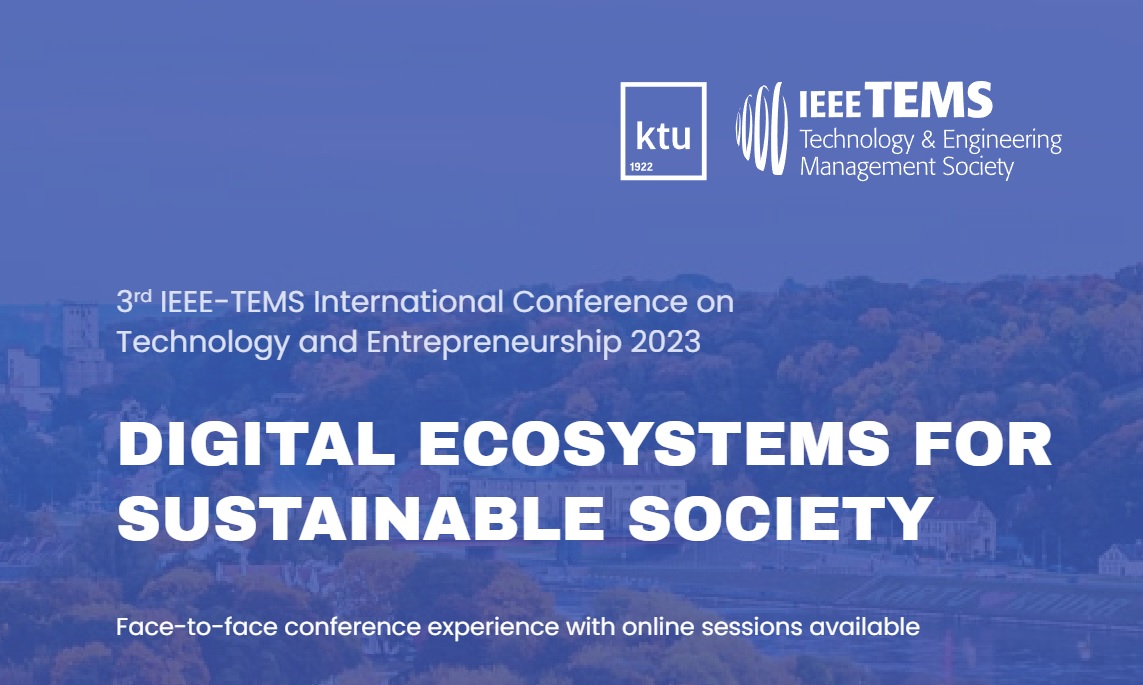Five interdisciplinary European universities, including Kaunas University of Technology (KTU), Universitat Autonoma de Barcelona (UAB), University of Lund, University of Montpellier and University of Tampere, are collaborating for the third year in the DiHeco initiative. The main objective of this initiative is to overcome the challenges of telemedicine development.
The COVID-19 pandemic has turned the concept of medical services upside down and paved the way for telemedicine and digital transformation.
Today, telemedicine is not just a Skype call to a doctor. It is one of the fastest growing areas of technology that can help improve the accessibility, efficiency and quality of healthcare services.
In the era of digitalisation, when most services can be accessed at the touch of a button, healthcare has not been left behind. Technological advances have led to the emergence of digital healthcare platforms that promise greater accessibility and convenience.
These platforms have facilitated virtual consultations, remote patient monitoring and online prescription filling, redefining the patient experience and healthcare delivery. However, despite these tangible steps, challenges remain in ensuring equitable access to and financing of digital health services.
One of the most significant impacts of digital platforms is increased access to healthcare. Patients no longer have to travel long distances or wait in crowded waiting rooms. Instead, consultations can be provided in the comfort of their own homes, ensuring that vulnerable people have access to essential healthcare services.
In addition, digital platforms allow remote monitoring of the patient, which is particularly important in the treatment of chronic diseases. These platforms provide continuous, real-time health data that allows early intervention, reducing hospital visits and improving overall health outcomes.



